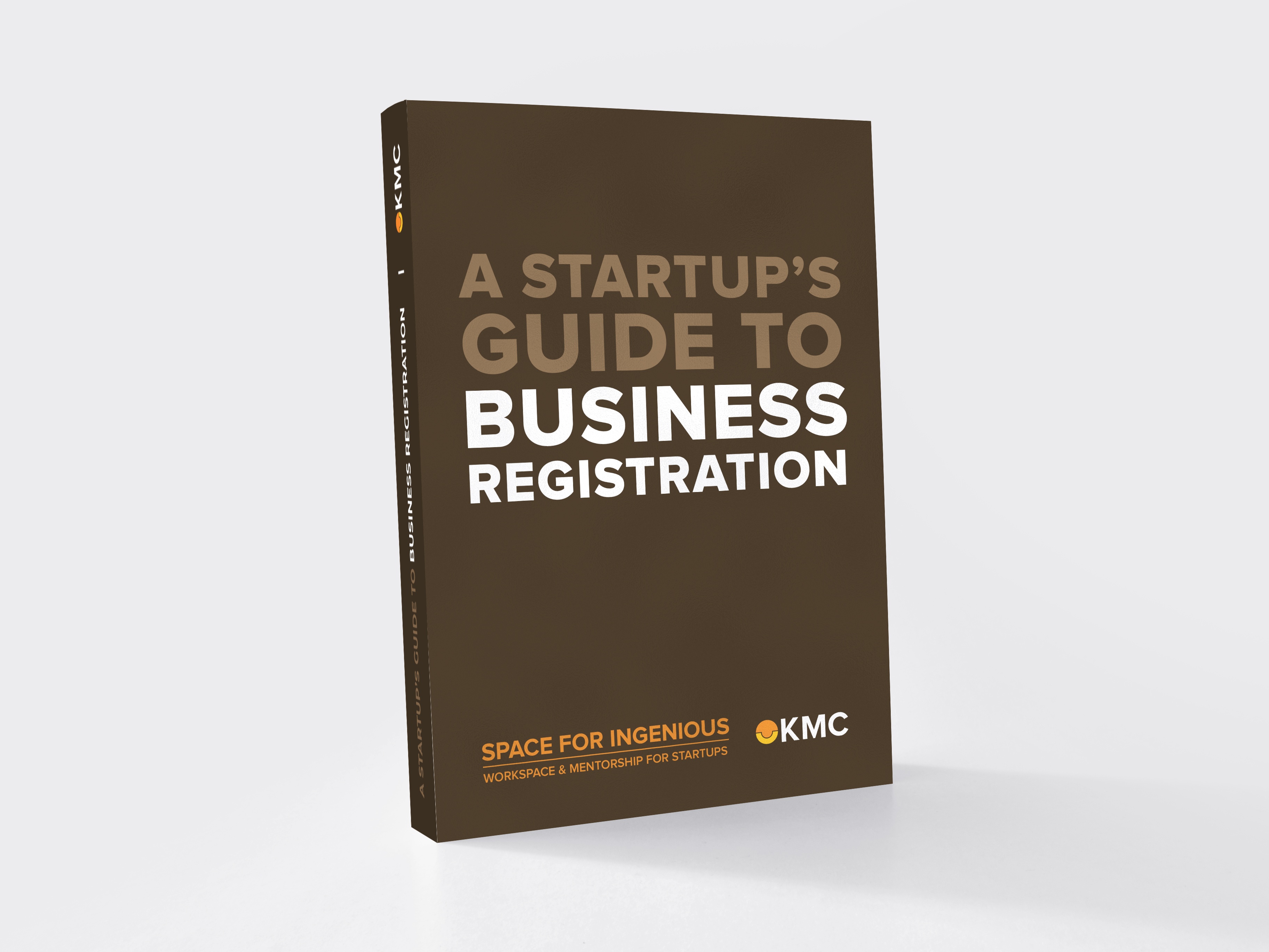When setting up a business in the Philippines, entrepreneurs and startup owners must first familiarize themselves with the country’s business landscape. Fortunately for both foreign and domestic investors, the Philippines possesses a bustling economy with high potential for growth, making it ideal for new businesses.

But as with all legal processes, business incorporation requires some research on your part. Today, we’ll give you a quick overview of how incorporation works in the Philippines and the important factors to consider in setting up business operations in the country.
Why Choose the Philippines?
The Philippines is not only a powerful economic force in the Southeast Asian region, it is also emerging as one of the fastest growing economies in Asia, with an average GDP of 6.3% over the past five years. Foreign businessmen also benefit from government support on foreign direct investments (FDI).
But the most attractive business asset available in the country is its diverse and highly skilled workforce. More than 14 million Filipinos are fluent in English, ultimately driving the growth of the voice sector and making the country the new capital of the call center industry. Combine this deep talent pool with the cheap cost of living, and you’ve got the best place to set up your business.
Potential Setbacks
Despite the numerous advantages present in the Philippine business environment, there are still a few drawbacks to consider. The country is notorious for its traffic, the third worst in Southeast Asia. Moreover, a monopoly on electricity makes energy costs in the Philippines higher than most countries in the region.
There’s also the unstable political landscape to be wary of. The Philippine government is home to a multi-party system that usually suffers from either excessive opposition or red tape, and with the implementation of the TRAIN law, commodities became slightly more expensive. But aside from these problems, the Philippines is still an FDI-friendly country with a relatively cheap cost of living.
Now that the pros and cons are clear, the next steps in incorporating your business are rooted in four considerations that you need to figure out before undergoing the actual process of incorporation.
Intention and Financing
.jpeg?width=751&name=WhatsApp%20Image%202018-07-03%20at%2012.34.23%20PM%20(1).jpeg)
Intention shapes the direction where you want your business to go. When declaring your intention for your business, you must answer the following questions:
- How do you plan on growing your business in the Philippines?
- What is my operating model?
- Do you have a parent company?
- Do you plan on establishing branches in different locations?
Once you’ve deliberated these questions, your next consideration should be financing. The most basic question you need to ask yourself is if you have sufficient capital to invest and pursue these plans. If you’ve resolved all of these inquiries, you should focus on partnerships and commitment next.
Partnerships and Commitment

When considering partnerships, you have to look at what your colleagues can offer from an objective standpoint. Ask yourself, can you trust these people that you’re opening a business with, and are they sticking around for the long haul? To answer these questions, the best move is simply to discuss the matter with your partners.
Commitment is the final consideration before setting up operations. This means being able to commit to numerous compliance measures set forth by the local and national government, as well as the agencies handling business operations in the country.
The last aspect of commitment lies in your staff. You need to have a balanced support team that’s equipped with the skills necessary in assisting your company’s formation and subsequent growth.
Starting a business in the Philippines can be an easy process as long as you know where to start. For startups and entrepreneurs looking to enter the Philippine business landscape, we have a downloadable guidebook that covers startup support and the basic requirements needed for incorporation. Grab our guidebook today and get started on the path towards your own business!
What are your thoughts on Business Incorporation 101: Setting Up Operations in the Philippines? Let us know all about it.


What are your thoughts on Business Incorporation 101: Setting Up Operations in the Philippines? Let us know all about it.
Posted by Kyle Edriel Tomagan
Kyle Tomagan co-manages Workspace in Asia. A writer with a knack for research and in-depth storytelling, he brings ingenuity and flair to any piece he writes; be it about flexible workspace, politics, video games, comic books, or sports.
Google+Comments